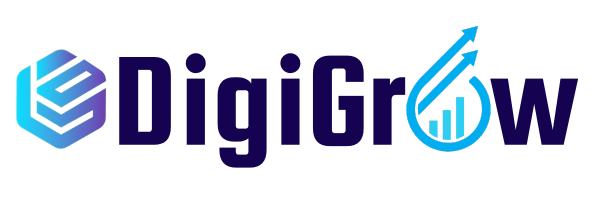The Role of Analytics in Driving Digital Marketing Success
Discover how analytics drives digital marketing success by tracking performance, understanding customer behavior, optimizing spend, and predicting future trends.

In today’s digital age, businesses need data to make informed marketing decisions, and this is where analytics plays a crucial role. Digital marketing success heavily relies on understanding consumer behavior, optimizing campaigns, and predicting trends — all of which are fueled by data-driven insights.
1. Tracking Performance Metrics
Analytics helps marketers track the performance of their campaigns by measuring key performance indicators (KPIs) such as click-through rates, conversion rates, bounce rates, and customer engagement. By understanding which campaigns perform well and which ones need adjustment, marketers can fine-tune their strategies to maximize ROI.
2. Understanding Customer Behavior
Customer behavior is at the heart of effective marketing. Analytics tools provide insights into how customers interact with websites, social media platforms, and email campaigns. This understanding allows businesses to tailor their content, product recommendations, and marketing messages to better align with their audience’s preferences, thereby improving customer satisfaction and loyalty.
3. Predictive Analytics for Future Success
One of the most significant advantages of using analytics is predictive analysis. By examining past customer behavior, purchase patterns, and engagement data, businesses can predict future trends and adapt their marketing strategies accordingly. This allows companies to stay ahead of the competition by anticipating market shifts and consumer needs.
4. Personalization at Scale
Consumers expect personalized experiences. Analytics makes it possible to segment audiences based on demographics, interests, and behaviors, enabling marketers to deliver targeted messages. This level of personalization enhances the effectiveness of marketing campaigns, as customers are more likely to engage with content that speaks directly to their needs and desires.
5. Optimizing Marketing Spend
By providing a clear view of which marketing efforts deliver the best results, analytics helps businesses allocate their budgets more efficiently. Instead of relying on guesswork, companies can invest in the channels and strategies that offer the highest returns, ensuring optimal use of their marketing dollars.
6. Continuous Improvement Through A/B Testing
Analytics also enables businesses to perform A/B testing, where two versions of a campaign element (like an email subject line or a landing page) are tested to see which performs better. This data-driven experimentation helps marketers refine their strategies over time, leading to continual improvement in campaign performance.
Conclusion
Analytics is a powerful tool in the digital marketing landscape, driving success by enabling businesses to make smarter, data-backed decisions. By leveraging analytics, companies can understand their customers better, optimize campaigns, predict trends, and ultimately achieve greater marketing results.
What's Your Reaction?
 Like
0
Like
0
 Dislike
0
Dislike
0
 Love
0
Love
0
 Funny
0
Funny
0
 Angry
0
Angry
0
 Sad
0
Sad
0
 Wow
0
Wow
0





















































